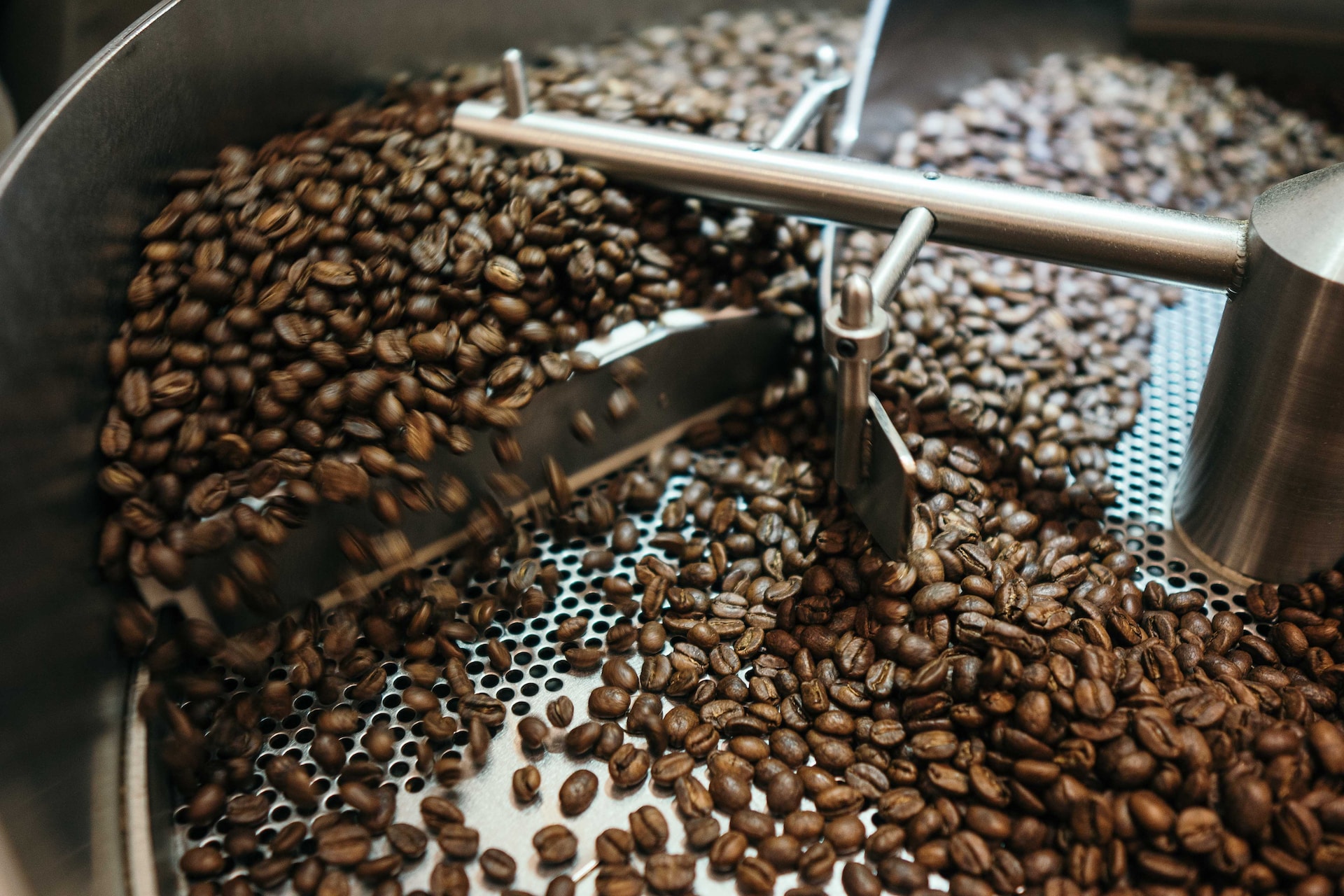Climate change and its external consequences pose a long-term threat to global coffee supplies. Though the arabica coffee crop could be harmed by rising temperatures alone, it is also very susceptible to the incurable coffee rust fungus. This fungus, which has now infiltrated virtually all coffee-growing regions of the planet, has shown it can wipe out up to two-thirds of coffee bean shipments in certain nations.
Starbucks’s strategy to counter the spread of the rust fugus includes the distribution of specially-bred seeds to farmers around the world. The creation of six different breeds of fungus-resistant coffee trees may yield results, but if these preventative efforts prove ineffective, an eventual outbreak of coffee rust could threaten global coffee production indefinitely.
Related ETF: Invesco DB Agriculture Fund (DBA)
A report from the Inter-American Development Bank (IADB) notes that changing climates across the globe halve the area suitable for growing coffee by 2050. Arabica bean crops, the more fragrant and high-end species of coffee, are very delicate, meaning small changes in temperature and precipitation trends can pose a serious threat to the very precise growing conditions that make Brazil’s coffee harvests so exceptional. Moderate temperatures (between 64 and 70 degrees Fahrenheit, to be specific), shade, regular rainfall, and an environment that’s generally free of frost and pests has made Brazil the top global producer of coffee beans. Though shifting temperatures might begin cutting into the size and quality of Brazilian or Central American harvests, it would also make other regions more hospitable for coffee harvesting. However, the chief concern is not necessarily rising heat in growing areas, but the threat posed by pests and disease that thrive in warmer conditions. Chief among those is…
To read the complete Intelligence Briefing, current All-Access clients, SIGN IN All-Access clients receive the full-spectrum of MRP’s research, including daily investment insights and unlimited use of our online research archive. For a free trial of MRP’s All-Access membership, or to save 50% on your first year by signing up now, CLICK HERE










